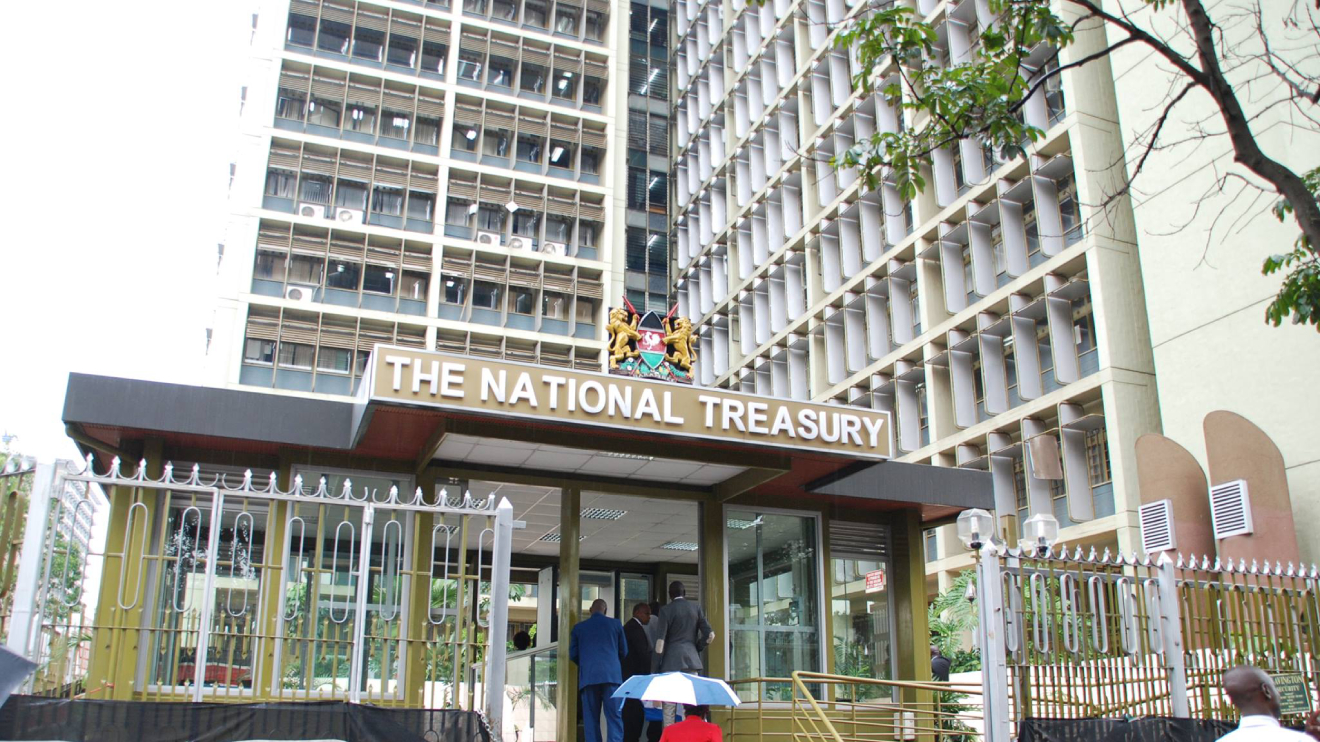In a recent development, Treasury bill interest rates have scaled heights not witnessed in nearly a decade, surging past the formidable 15 per cent mark.
This significant milestone, marking the first occurrence in eight years, has sent ripples across the financial landscape, triggering concerns about an impending increase in the cost of loans for both borrowers and investors alike.
The rates on Treasury bills (T-bills), widely regarded as a barometer of the risk-free floor for loan pricing, have historically influenced banks to adjust their deposit and lending rates in tandem with T-bill yields.
In a recent auction, the yield on the 364-day T-bill soared by 49 basis points, reaching an impressive 15.22 per cent, a level not witnessed since November 2015.
Moreover, the 182-day and 91-day T-bill rates currently hover just below the 15 per cent mark, standing at 14.94 per cent and 14.79 per cent, respectively.
Read More
The Treasury's auction targeted a substantial sum of Sh24 billion, but the final outcome indicated investor unease regarding interest rates and lending risk towards the government.
Out of this target, the Treasury managed to raise Sh18.8 billion, with a significant portion, Sh15.5 billion, stemming from the 91-day T-bill.
This outcome underscores ongoing uncertainty among investors, raising concerns about the cost of servicing government debt and its implications for the taxpayer.
Furthermore, these rising T-bill rates are casting a shadow over borrowers who are grappling with economic challenges that have made loan servicing increasingly onerous.
Stacy Makau, an analyst at the investment bank AIB-AXYS Africa, commented on this situation.
"As T-Bill rates continue to climb, it is expected that banks will respond by adjusting their deposit and lending rates to align with the higher borrowing costs. By increasing deposit rates, lenders will be aiming to attract investors and stay competitive in comparison to other investment assets," she stated.
Investor insistence on higher interest rates partly stems from a wait-and-see attitude towards the government's commitment to reducing domestic borrowing in the current fiscal year from Sh586.5 billion to Sh411 billion.
The Central Bank of Kenya (CBK) had initially proposed an even lower borrowing target of Sh386 billion, but a subsequent revision of the recurrent budget led to the current figure.
However, market sentiment remains cautious, with doubts lingering about the realization of expected external financing inflows.
The specter of inflation also looms large in the pricing of bids in securities auctions. Recent comments by CBK Governor Kamau Thugge regarding the rise in fuel prices have dashed hopes of a forthcoming decline in fuel-related inflation.
This development has prompted investors to anticipate a rate hike or at least a maintenance of the 10.5 per cent Central Bank Rate in the upcoming October Monetary Policy Committee meeting.
Consequently, some investors may be preemptively factoring this into their bidding strategies in securities auctions.
The surge in T-bill rates beyond the 15 per cent threshold has injected a sense of urgency and caution into Kenya's financial markets.
As the situation continues to evolve, both borrowers and investors remain on tenterhooks, closely monitoring developments in the quest for financial stability and profitability in these challenging economic times.




 shares a light moment with the company's Group CEO Dr Patrick Tumbo (right) at a past event-1758121528.jpeg)
-1758116028.jpeg)

